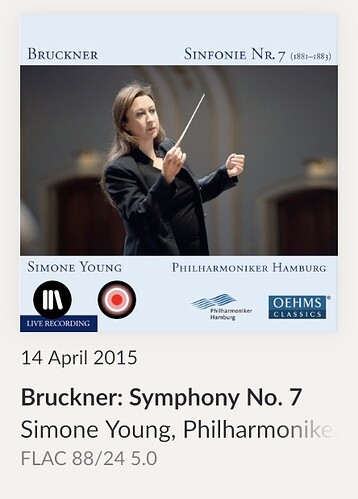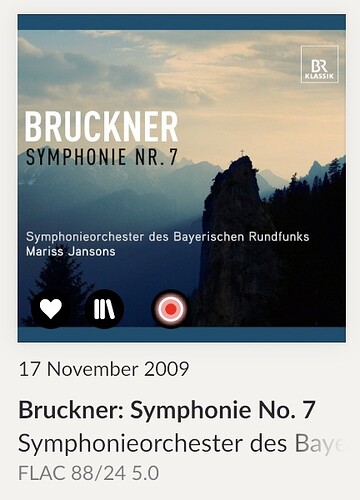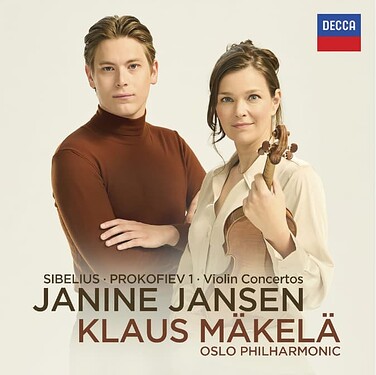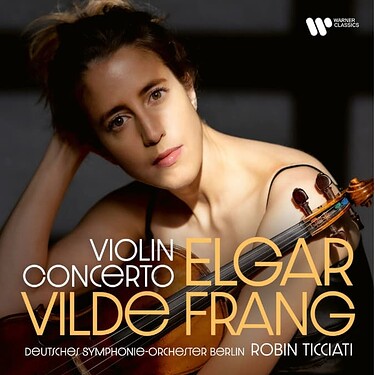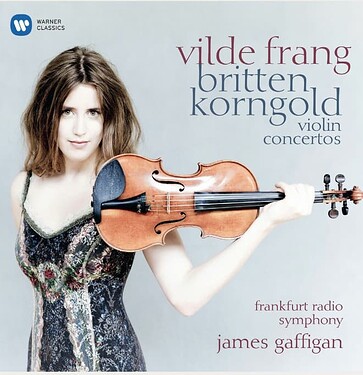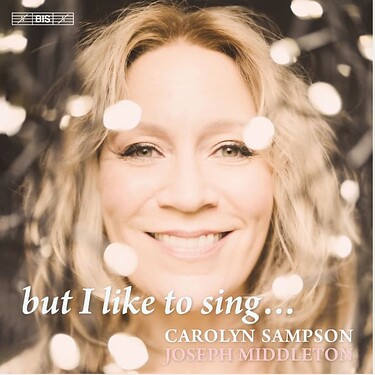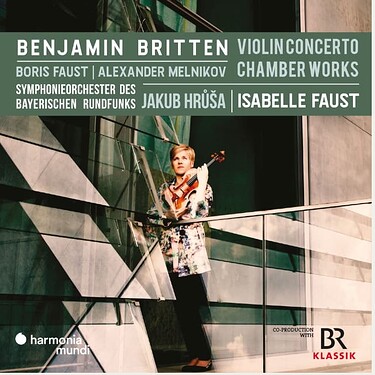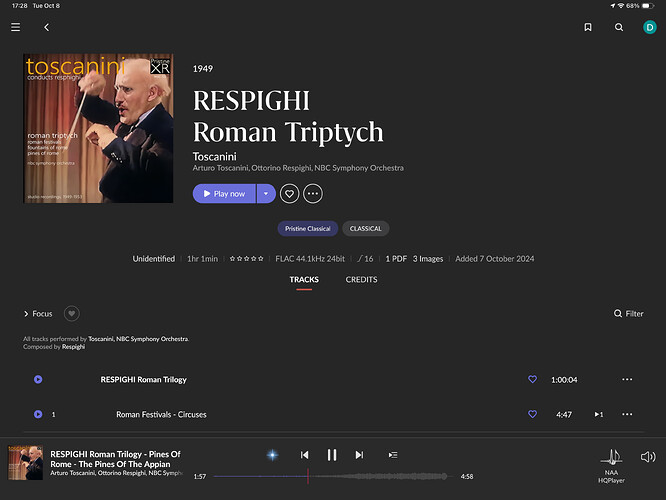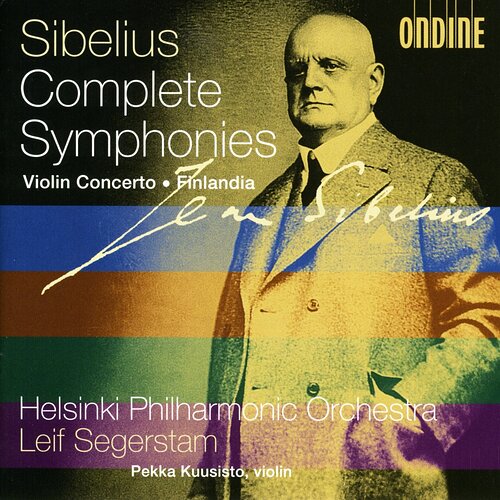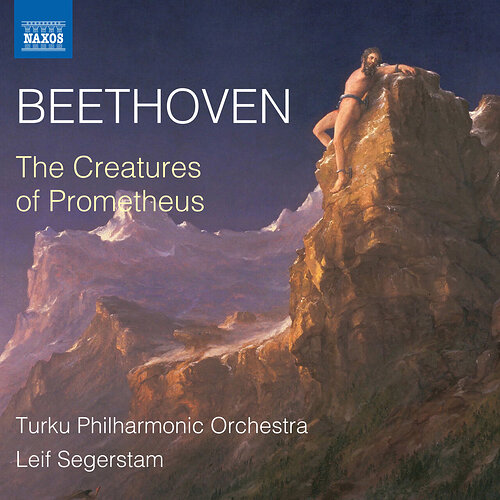Compositions by Marius Neset, whom I knew only as a Norwegian Jazz saxophonist in my library.
Having a Brazilian moment right here in Portugal (fado is wonderful, but…). I have discovered that Brazil has so much great, but almost unknown, classical music, alongside bossa nova, samba, jazz and the wonderful composers Tom Jobim and Vinicius de Moraes. And to bring you right up to date, the recently released album from the Takacs Quartet, Julien Labro, and Clarice Assad, from the famous (Brazilian) Assad family of guitarists.
The positive message seems to be that great music defies labelling into “classical”, “jazz” or “pop” categories. It is just great music. Here’s a few favourites from my library.

explores modern crossover in a challenging but highly musical album

amazing guitar playing from two brothers who must have been playing together all their lives (Clarice Assad’s father and uncle)

Some rare songs by Tom Jobim sung by a fabulously cool vocalist. Not “classical” but still essential listening.

who knew that Villa-Lobos wrote an amazing series of 17 string quartets almost contemporaneously with Shostakovich and Bartok? Nothing like them, of course, but still fabulously Brazilian

Amazing guitar and chamber music by an unknown (to me) composer, who apparently taught Tom Jobim. Also wrote cello concertos and piano music - which stands up to comparison with Villa-Lobos and other contemporaries

Ok it isn’t 100% Brazilian, but the combination of the amazing cellists from the Berlin Phil and the soprano Juliane Banse give you one of the best renditions of the Cantilena from Villa-Lobos’ Bachiana Brazilieros No. 5 that you could hope to hear (and the competition is pretty fierce). Enjoy!
Regarding recording, I fully agree. Sounds wonderful, as close to a real orchestra as can be (and I have listened to the stereo version only).
Will nevertheless not order the SACD at this point as Honeck´s phrasing is not really meeting my imagination of Bruckner´s 7th. At least the second and third movement. I hear a pretty heroic, overly broad and majestic Adagio (come on, it is dedicated to Wagner´s passing and not to the premier of Mahler´s second symphony!) and a stoic, static, at times broad Scherzo.
Surprisingly there are a lot of superb recordings of Bruckner´s 7th. Technically RR´s might be the best, but I would personally opt for Simone Young´s or Mariss Jansons´:
Gramophone Awards 2024 issue is out and it was extremely gratifying to find Hilary Hahn’s Eugène Ysaÿe Six Sonatas for Violin Solo, Op. 27 as Recording of the Year. For those of you yet to listen to this epochal performance, you have a great treat ahead of you. Those of you that have already listened to this amazing set of performances have enriching re-listenings ahead.
My wending way along musical thoroughfares and byways brought me to Janine Jansen/Klaus Mäkelä/Oslo Philharmonic Sibelius and Prokofiev Violin concerti. I admit to a possibly perverse resistance to listening to performers described by some as “Barbie” and “Ken”. I overcame this and concluded that I had been, yet again, misled by my prejudices. I admit to being put off by beauty shots as album covers…, to me the least interesting thing about a performer is her/his appearance and I despise the demeaning cheesecake images of (particularly) women performers on album covers. Shallow of me to extend it to my appreciation of her/his performance or willingness to even listen in the first place. These are marvelous performances. Both the violinist and the orchestration are well-balanced, superbly articulated and stunning in the face of remarkably difficult music. Bravo.
Another artist whose work I have only recently come around to for various reasons, has been much in the review news lately, Norwegian violinist (and cross-country skier!), Vilde Frang.
Her latest release, Elgar’s Violin Concerto with Robin Ticciati/Deutsches Symphony-Orchester Berlin is (after comparison listening to a spate of recent releases) my favorite version of Elgar’s challenging piece. Her fortitude, clear and singing lines and sensitivity are remarkable. I took the opportunity to re-listen to one of her interesting pairings in another recording, Britten and Korngold with James Gaffigan/Frankfurt Radio Symphony, that is also very enjoyable. She gives an informative interview in the most recent BBC Music Magazine.
Lastly, two other Gramophone Award winners, Artist of the Year, Carolyn Sampson, and Concerto of the year, Isabelle Faust, Jakub Hrůša/Bavarian Radio Symphony Orchestra, Boris Melnikov and Boris Faust’s Britten Violin Cto gave me particular pleasure on first listen. Ms. Faust is simply superb as is Mr. Melnikov on the piano (especially in the Suite for violin and piano and the Pieces for violin, viola and piano). Mr. Hrůša and the BRSO are also splendid. No weaknesses in this remarkable recording to these ears. Curious about the views of the vocal mavens on this Blog re: Carolyn Sampson. I find her simply amazing with incredible articulation.
Apologies in advance if I failed to acknowledge prior mentions of these recordings. This blog is becoming happily loaded with great recording suggestions.
There may be words to be said about the phrasing, but I found the brass wasn’t really integrated into the orchestral fabric in the Honeck recording, which may be an issue of balance in the stereo vs SACD surround version?
But back down the rabbit hole I went, and having my ideas of Bruckner shaken up this year, I decided to listen to a ‘Building a Library’ consideration from 2014, still accessible as a BBC podcast. Brucknerians are quite something, and John Deathridge addresses the damage caused to Bruckner by Haas and the ‘cathedrals in sound’/religious view of his work.
So if you view Bruckner as someone who followed Beethoven rather than Wagner, the first Haitink recording, from the 1960s, is special:
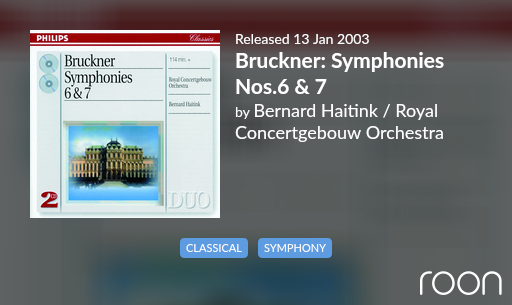
But having listened to Giulini and the VPO, perhaps a good middle ground is Karajan’s last recording:
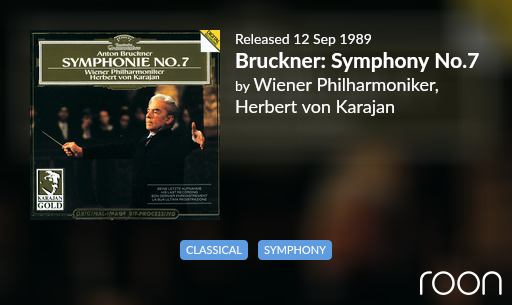
Bruckner really does demand the best conductors and orchestras to reveal his genius, which is rather a problem.
Now Biffy and I we met one summer, studying music at the Sorbonne
We’d spend our days in Left Bank cafes, or strolling through the Jeu de Paume
As yes it was love, like hand in glove, cause we’re both into music, you see
She likes the heavy Germans like Bruckner and Mahler
I tend to prefer Satie
But for me, it’s the real thing ![]()
But there is a flaw, in that neither are German…
But fear not @woodford, for I, too, have gone French…was scrolling through my library, and landed on ‘Werther’, with de los Angeles/Gedda. Very nice. But does it match Carerras at his peak?
I would need to re-listen to Gedda, I’m sure it’s very good. but there’s something about the inherent passion and desperation in Carreras’ singing that fits the character perfectly.
also wonderful, if a bit more refined, is Kraus, which also happens to still stream in MQA, if you care about that sort of thing.
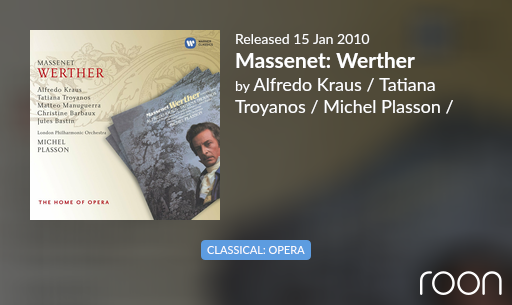
if memory serves, this recording, the Carreras on Phillips were released almost simultaneously, back in the days when labels used to do that sort of thing.
Totally agree…the sequence at the end of Act I (disc 1, tracks 8-10), after that gorgeous orchestral introduction, is just magical.
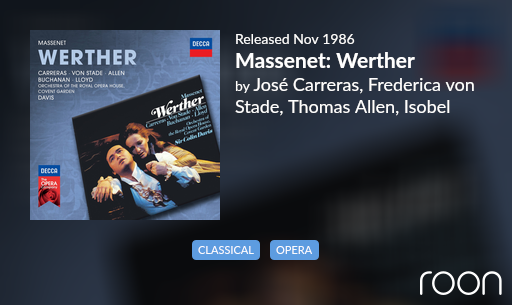
yes, that’s a favorite moment.
I have always been a fan of pristine classical and their outstanding remasters. This new release of Toscanini‘s studio recordings of Respighi’s Roman trilogy remastered in Ambient Stereo sound amazing. It was already a really good recording (I have mono Japenese xrcd of it), but now it sounds much younger than it stated age. I would argue this pristine classical version sounds much better than the other streamable options of the recording such as from the older Toscanini boxset/remasters. And certainly, it remains one of the greatest recordings performances of these pieces. Highly recommended!
Doug
I am not sure even after all the years whether I have listened every disc !!
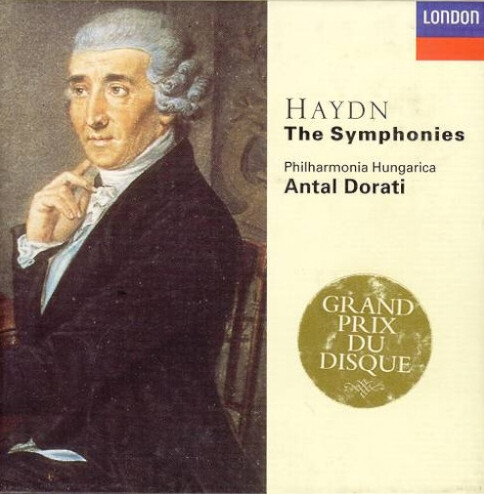
I like my Bruckner on the slow side. Celibidache lets the music breathe and gives it lots of room:
Another conductor I adore with Bruckner is Remy Ballot, who has collaborated with the Bruckner Festival St. Florian since 2011:
Due to today’s news, I’ll likely be listening to Segerstam quite a lot.
His Sibelius cycle is, of course, remarkable.
Very sad to hear of this. I did catch him, perhaps a few times. The one that stays is that in the third movement of the ‘Karelia Suite’ (Alla marcia) he turned round on the podium, facing the audience, with the broadest of grins, and it was very entertaining.
That is sad. I listen to this incredible recording of Nørgård’s Symphony No. 3 at least a few times a year. Never managed to catch him live unfortunately.
A great musician. I shall also be listening to Sibelius this weekend, partly in his honour and partly as a suitable greeting to the arrival of winter in my part of Europe.
I remember buying several boxed sets of the original LPs back in the early 1980s. Work and travel intervened, then CDs and streaming - I still haven’t listened to all of them!
